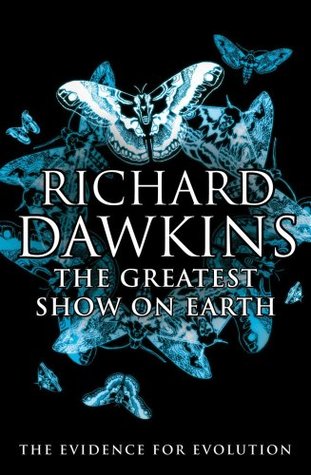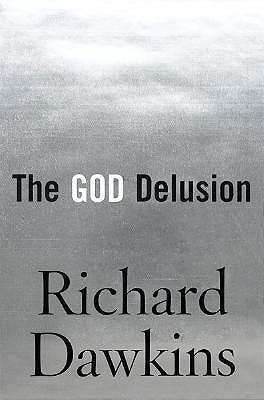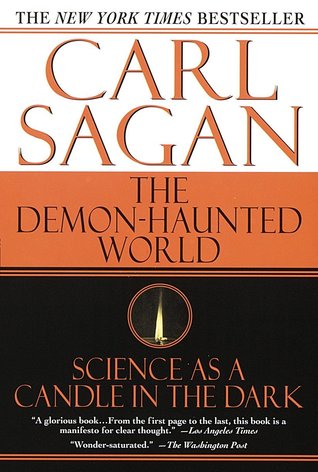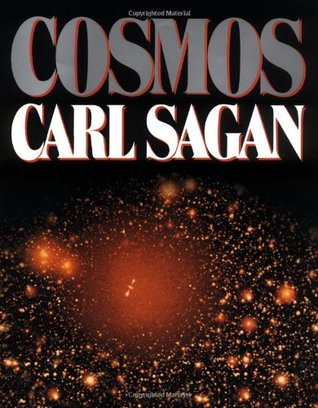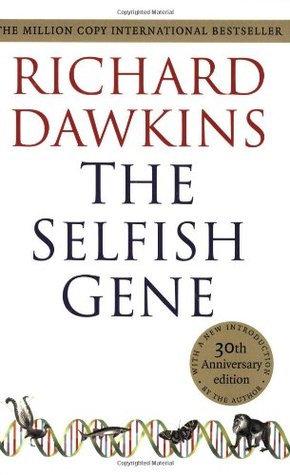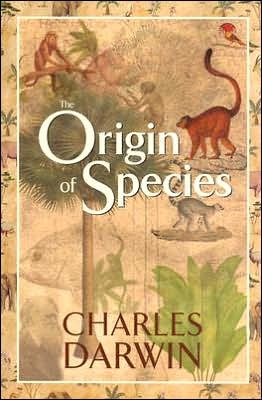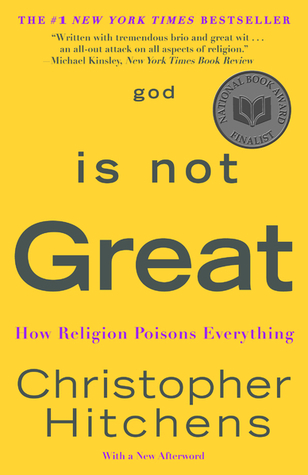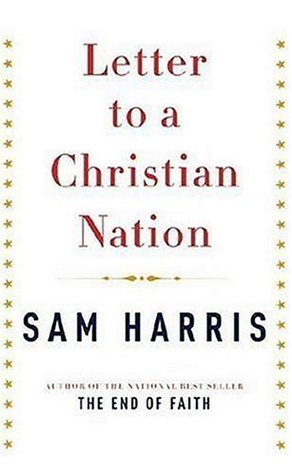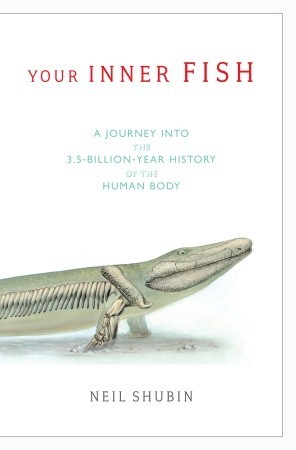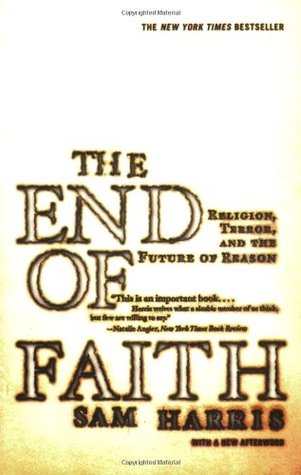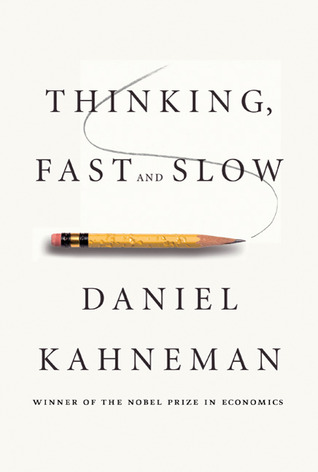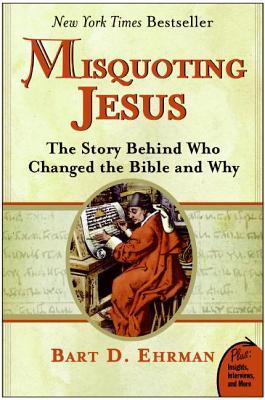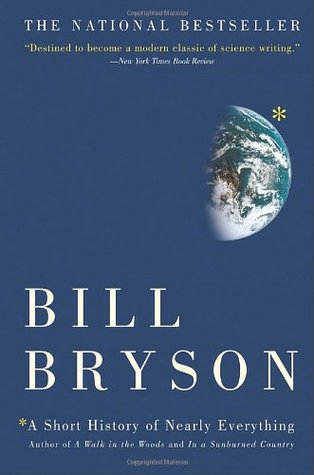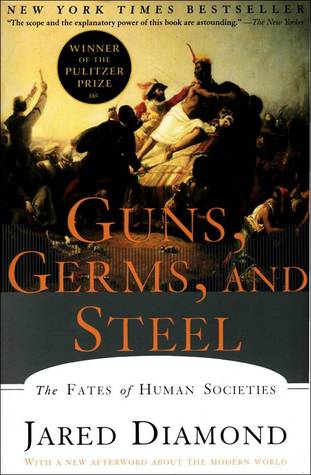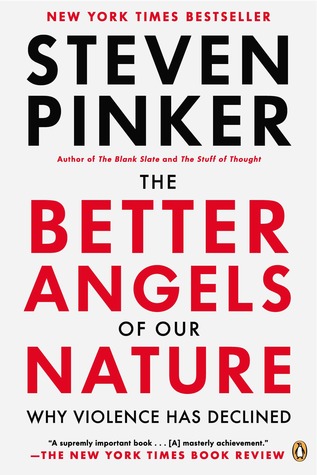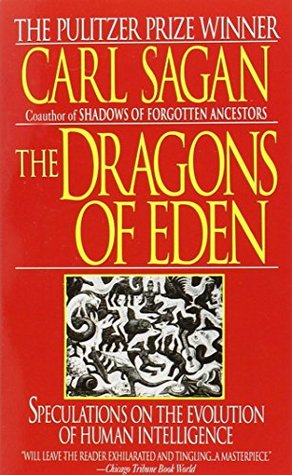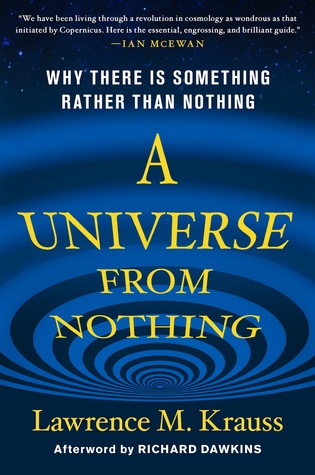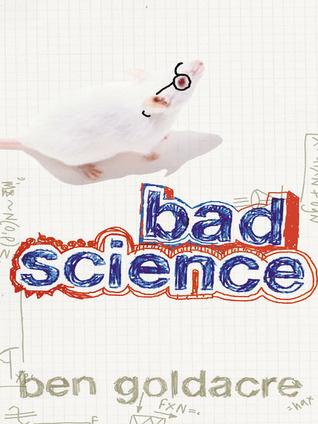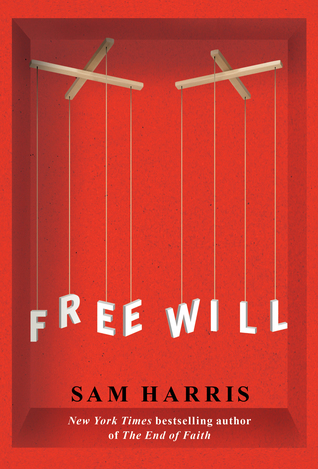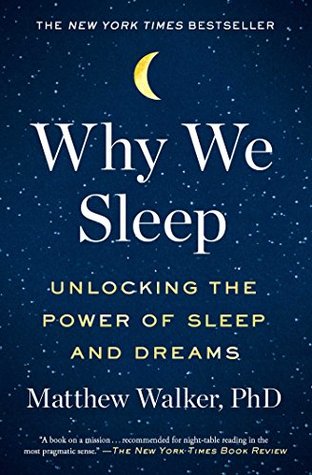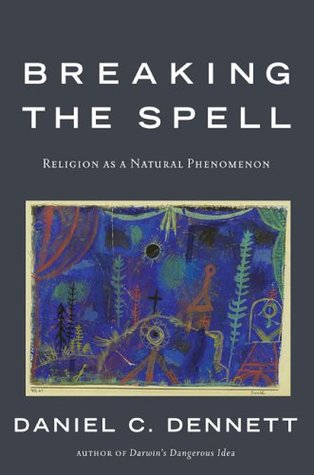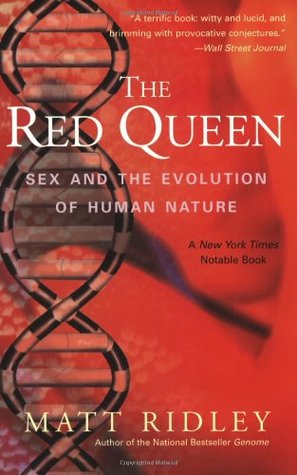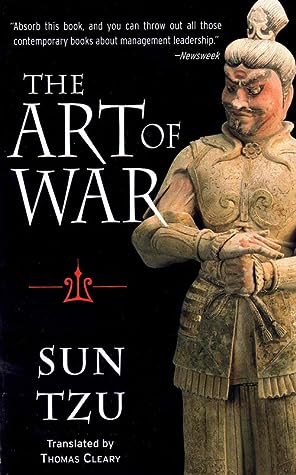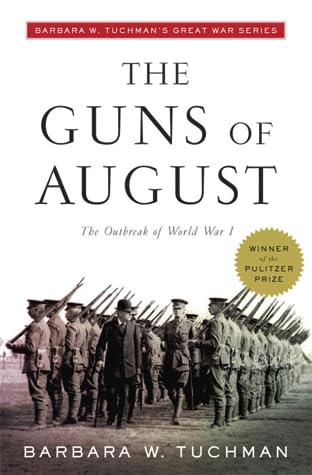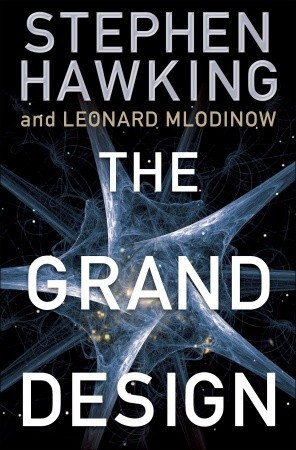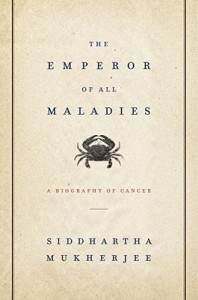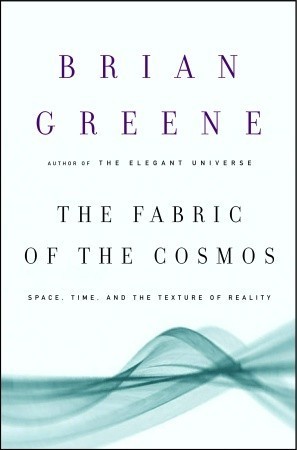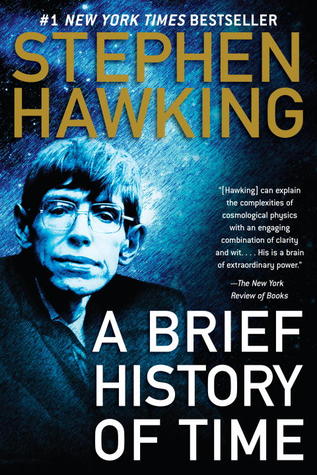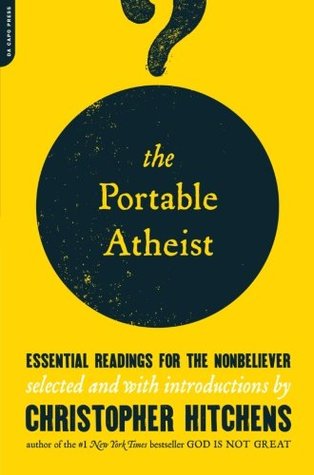Powered by a book like {foo}
Recommendations based on Why Evolution Is Trueby Jerry A. Coyne
* statistically, based on millions of data-points provided by fellow humans
The Greatest Show on Earth: The Evidence for Evolution
by Richard Dawkins
An exploration of the evidence and science of evolution, highlighting its importance in understanding the history of life on Earth.
Charles Darwin’s masterpiece, On the Origin of Species , shook society to its core on publication in 1859. Darwin was only too aware of the storm his theory of evolution would provoke but he would ... (Goodreads)
The God Delusion
by Richard Dawkins
Scientific exploration of the evidence for and against religious belief.
A preeminent scientist - and the world's most prominent atheist - asserts the irrationality of belief in God, and the grievous harm religion has inflicted on society, from the Crusades to 9/11. With ... (Goodreads)
The Demon-Haunted World: Science as a Candle in the Dark
by Carl Sagan
A critical look at superstition and pseudoscience, advocating for the power of science and reason.
How can we make intelligent decisions about our increasingly technology-driven lives if we don’t understand the difference between the myths of pseudoscience and the testable hypotheses of science? ... (Goodreads)
Cosmos
by Carl Sagan
Voyage through the vastness of space, unlocking the mysteries of the universe.
Cosmos has 13 heavily illustrated chapters, corresponding to the 13 episodes of the Cosmos television series. In the book, Sagan explores 15 billion years of cosmic evolution and the development of ... (Goodreads)
The Selfish Gene
by Richard Dawkins
A study of evolutionary biology, exploring how genes act and how they impact behavior.
Inheriting the mantle of revolutionary biologist from Darwin, Watson, and Crick, Richard Dawkins forced an enormous change in the way we see ourselves and the world with the publication of The ... (Goodreads)
The Origin of Species
by Charles Darwin
Comprehensive scientific exploration of the evolution of species and the natural world.
Darwin's theory of natural selection issued a profound challenge to orthodox thought and belief: no being or species has been specifically created; all are locked into a pitiless struggle for ... (Goodreads)
God Is Not Great: How Religion Poisons Everything
by Christopher Hitchens
Criticism of organized religion, arguing it is the root of much suffering in the world.
With his unique brand of erudition and wit, Hitchens describes the ways in which religion is man-made. "God did not make us," he says. "We made God." He explains the ways in which religion is ... (Goodreads)
Letter to a Christian Nation
by Sam Harris
A refutation of religious dogma and an argument for the supremacy of reason.
In response to The End of Faith , Sam Harris received thousands of letters from Christians excoriating him for not believing in God. Letter to A Christian Nation is his reply. Using rational ... (Goodreads)
Your Inner Fish: a Journey into the 3.5-Billion-Year History of the Human Body
by Neil Shubin
Exploration of human evolution through the lens of anatomy, revealing our connection to our ancient ancestors.
Why do we look the way we do? What does the human hand have in common with the wing of a fly? Are breasts, sweat glands, and scales connected in some way? To better understand the inner workings of ... (Goodreads)
The End of Faith: Religion, Terror, and the Future of Reason
by Sam Harris
An exploration of religion, its implications for our world and how it can be replaced with reason.
In The End of Faith , Sam Harris delivers a startling analysis of the clash between reason and religion in the modern world. He offers a vivid, historical tour of our willingness to suspend reason in ... (Goodreads)
Thinking, Fast and Slow
by Daniel Kahneman
An exploration of the two systems of the mind, and how they influence decision-making.
In the highly anticipated Thinking, Fast and Slow , Kahneman takes us on a groundbreaking tour of the mind and explains the two systems that drive the way we think. System 1 is fast, intuitive, and ... (Goodreads)
Misquoting Jesus: The Story Behind Who Changed the Bible and Why
by Bart D. Ehrman
A historical analysis of the New Testament, exploring the discrepancies and alterations made by scribes and theologians throughout history.
For almost 1,500 years, the New Testament manuscripts were copied by hand––and mistakes and intentional changes abound in the competing manuscript versions. Religious and biblical scholar Bart Ehrman ... (Goodreads)
A Short History of Nearly Everything
by Bill Bryson
A captivating overview of the natural sciences, spanning the history of the universe.
In Bryson's biggest book, he confronts his greatest challenge: to understand—and, if possible, answer—the oldest, biggest questions we have posed about the universe and ourselves. Taking as territory ... (Goodreads)
Guns, Germs, and Steel: The Fates of Human Societies
by Jared Diamond
Tracing the origins of human civilizations through the lens of geography, technology, and biology.
"Diamond has written a book of remarkable scope ... one of the most important and readable works on the human past published in recent years." Winner of the Pulitzer Prize and a national bestseller: ... (Goodreads)
The Better Angels of Our Nature: Why Violence Has Declined
by Steven Pinker
Investigation into the causes of violence and the reasons why it has decreased in modern society.
Believe it or not, today we may be living in the most peaceful moment in our species' existence. In his gripping and controversial new work, New York Times bestselling author Steven Pinker shows that ... (Goodreads)
Dragons of Eden: Speculations on the Evolution of Human Intelligence
by Carl Sagan
An exploration of the evolution of human intelligence and its implications for civilization.
Com os DRAGÕES DO ÉDEN, Prémio Pulitzer, para muitos a mais bela obra do autor, os leitores de "Ciência Aberta" irão participar numa grande aventura... Num Éden perdido onde os dragões reinavam ... (Goodreads)
A Universe from Nothing: Why There Is Something Rather Than Nothing
by Lawrence M. Krauss
A scientific exploration of the origins of the universe, proposing that it could have arisen from nothing.
Bestselling author and acclaimed physicist Lawrence Krauss offers a paradigm-shifting view of how everything that exists came to be in the first place. “Where did the universe come from? What was ... (Goodreads)
Darwin's Dangerous Idea: Evolution and the Meanings of Life
by Daniel C. Dennett
An exploration of the implications of Darwin's theory of evolution, and how it has shaped our understanding of life and the universe.
In a book that is both groundbreaking and accessible, Daniel C. Dennett, whom Chet Raymo of The Boston Globe calls "one of the most provocative thinkers on the planet," focuses his unerringly logical ... (Goodreads)
Bad Science
by Ben Goldacre
A critical look at the misuse of scientific fact and the implications of bad science.
Full of spleen, this is a hilarious, invigorating and informative journey through the world of Bad Science . When Dr Ben Goldacre saw someone on daytime TV dipping her feet in an 'Aqua Detox' ... (Goodreads)
Free Will
by Sam Harris
An exploration of the implications of determinism, examining the role of free will in our lives.
Belief in free will touches nearly everything that human beings value. It is difficult to think about law, politics, religion, public policy, intimate relationships, morality—as well as feelings of ... (Goodreads)
Why We Sleep: Unlocking the Power of Sleep and Dreams
by Matthew Walker
Exploring the science of sleep, uncovering its powerful effects on health, productivity, and wellbeing.
“,Why We Sleep, is an important and fascinating book...Walker taught me a lot about this basic activity that every person on Earth needs. I suspect his book will do the same for you.” —Bill Gates A, ... (Barnes & Noble)
Breaking the Spell: Religion as a Natural Phenomenon
by Daniel C. Dennett
Examines the origins of religious belief, exploring how it has shaped society.
An innovative thinker tackles the controversial question of why we believe in God and how religion shapes our lives and our future. For a growing number of people, there is nothing more important ... (Goodreads)
The Red Queen: Sex and the Evolution of Human Nature
by Matt Ridley
Examines how evolutionary biology shapes human behavior and sexuality.
Referring to Lewis Carroll's Red Queen from Through the Looking-Glass , a character who has to keep running to stay in the same place, Matt Ridley demonstrates why sex is humanity's best strategy for ... (Goodreads)
The Art of War
by Sun Tzu
Ancient Chinese military treatise outlining strategies for success in battle.
Twenty-Five Hundred years ago, Sun Tzu wrote this classic book of military strategy based on Chinese warfare and military thought. Since that time, all levels of military have used the teaching on ... (Goodreads)
The Guns of August
by Barbara W. Tuchman
A riveting account of the events leading up to World War I and its devastating consequences.
Selected by the Modern Library as one of the 100 best nonfiction books of all time The Proud Tower, the Pulitzer Prize–winning The Guns of August, and The Zimmerman Telegram comprise Barbara W. ... (Goodreads)
The Grand Design
by Stephen Hawking
Exploring the origins of the universe and the laws of nature that govern its operation.
THE FIRST MAJOR WORK IN NEARLY A DECADE BY ONE OF THE WORLD’S GREAT THINKERS—A MARVELOUSLY CONCISE BOOK WITH NEW ANSWERS TO THE ULTIMATE QUESTIONS OF LIFE When and how did the universe begin? Why are ... (Goodreads)
The Emperor of All Maladies: A Biography of Cancer
by Siddhartha Mukherjee
A comprehensive account of the history and science of cancer, from its origins to modern treatments.
An alternative cover edition for this ISBN can be found, here, and, here,. The Emperor of All Maladies is a magnificent, profoundly humane “biography” of cancer - from its first documented ... (Goodreads)
The Fabric of the Cosmos: Space, Time, and the Texture of Reality
by Brian Greene
An exploration of space and time in the physical world, looking at the fundamental laws of the universe.
From Brian Greene, one of the world’s leading physicists and author the Pulitzer Prize finalist The Elegant Universe , comes a grand tour of the universe that makes us look at reality in a completely ... (Goodreads)
A Brief History of Time
by Stephen Hawking
Exploring the depths of time and space and the emergence of the universe.
In the ten years since its publication in 1988, Stephen Hawking's classic work has become a landmark volume in scientific writing, with more than nine million copies in forty languages sold ... (Goodreads)
The Portable Atheist: Essential Readings for the Nonbeliever
by Christopher Hitchens
Selection of essays, articles, and excerpts from some of the greatest minds in atheism.
From the #1 New York Times best-selling author of God Is Not Great , a provocative and entertaining guided tour of atheist and agnostic thought through the ages with never-before-published pieces by ... (Goodreads)
